Dobermans, known for their loyalty and athletic physique, are a breed that requires a carefully balanced diet to maintain their health and vitality. This comprehensive guide is designed to help Doberman owners understand the optimal nutritional needs of their pets, ensuring they lead a healthy, active, and fulfilling life.
Understanding the Nutritional Needs of Dobermans
Dobermans are large, energetic dogs that require a balanced diet to support their active lifestyle. Their diet should include high-quality proteins, essential fats, easily digestible carbohydrates, and vitamins and minerals. Proper nutrition is vital to maintaining their muscular build and preventing health issues.
High-Quality Protein: The Foundation of a Doberman’s Diet
Protein is crucial for maintaining the lean muscle mass of Dobermans. Look for dog food that lists real meat, such as chicken, beef, or fish, as the primary ingredient. Adequate protein intake supports their physical activity and helps in muscle repair and growth.
Essential Fats: Vital for Energy and Coat Health
Fats, especially Omega-3 and Omega-6 fatty acids, are essential in a Doberman’s diet. They provide energy, support brain function, and help keep their coat shiny and skin healthy. Sources of good fats include fish oil, flaxseed, and chicken fat.
Carbohydrates for Energy: Choosing the Right Types
Carbohydrates are essential for providing energy to Dobermans. Opt for complex carbohydrates like sweet potatoes, brown rice, and oats, which offer long-lasting energy and aid in maintaining a healthy digestive system. Avoid excessive simple carbohydrates, which can lead to weight gain.
Vitamins and Minerals: Supporting Overall Health
A range of vitamins and minerals is essential for the overall health of Dobermans. Look for foods fortified with vitamins A, D, E, and B-complex and minerals like calcium and phosphorus. These nutrients support immune health, bone strength, and overall bodily functions.
Portion Control: Managing Weight in Dobermans
Due to their size and tendency towards obesity, controlling portions and feeding them two to three balanced meals daily is essential to managing a Doberman’s weight. Regular exercise is also crucial for maintaining their ideal weight.
Special Dietary Considerations for Doberman Puppies
Doberman puppies have different nutritional requirements than adult dogs. Puppy formulas rich in protein and fat and balanced for growth are crucial for their development. Feeding them small, frequent meals supports their rapid growth and high energy levels.
Wet Food vs. Dry Food: What’s Best for Dobermans?
Choosing between wet and dry food depends on your Doberman’s preference and specific health needs. Dry food can benefit dental health, while wet food is more hydrating and often palatable. A combination of both can provide varied nutritional benefits.
Healthy Treats for Dobermans: Making Smart Choices
Treats are an important part of training and bonding, but choosing healthy options for Dobermans is essential. Low-calorie treats and snacks like carrots or apple slices are good choices. Treats should only make up a small portion of their daily calorie intake.
Transitioning Your Doberman to a New Diet
When changing your Doberman’s diet, it’s essential to do so gradually over a week or more to avoid digestive upset. Start by mixing a small amount of the new food with the current food, gradually increasing the new and decreasing the old.
Understanding Dog Food Labels: Choosing the Right Food for Your Doberman
Understanding dog food labels is essential for choosing the right food for your Doberman. Select products with high-quality ingredients, real meat as the first ingredient, and without unnecessary fillers. The food should meet AAFCO nutritional standards for dogs.
Homemade Diets: Are They Suitable for Dobermans?
While homemade diets can offer fresh, whole-food nutrition, they require careful planning to ensure they are balanced and meet all nutritional needs. Consult a veterinarian or a canine nutritionist before opting for a homemade diet for your Doberman.
Hydration: Ensuring Your Doberman Stays Well-Hydrated
Adequate hydration is crucial for Dobermans. Ensure your dog has constant access to clean water, as dehydration can lead to serious health issues, particularly after exercise or in hot weather.
Feeding your Doberman a balanced, nutritious diet tailored to their needs is essential for their health and happiness. Regular vet check-ups, careful monitoring of their weight and health, and adjustments to their diet as needed will help ensure your Doberman leads a healthy, active life. Remember, every Doberman is unique, and what works for one may not work for another. Therefore, it’s essential to consider your individual dog’s needs when planning their diet.
What Health Issues Are Dobermans Prone To, and How Can a Proper Diet Help?
Dobermans, admired for their intelligence and loyalty, are a breed with specific health concerns that diet can influence. Understanding these predispositions and how nutrition plays a role in prevention and management is crucial for Doberman owners. This article delves into the common health issues faced by Dobermans and explores how a proper diet can help maintain their health.
Managing Weight in Dobermans: A Dietary Focus
Obesity is a significant health concern in Dobermans, leading to other issues like joint problems, diabetes, and heart disease. A diet controlled in calories and rich in high-quality proteins can help maintain a healthy weight. Portion control and regular exercise are also vital in managing weight in Dobermans.
Joint Health: Nutrition for Preventing Hip Dysplasia
Dobermans are prone to joint issues like hip dysplasia. Diets enriched with omega-3 fatty acids, glucosamine, and chondroitin can support joint health. Keeping your Doberman at a healthy weight also reduces the stress on their joints, mitigating the risk of common problems.
Skin and Coat Health: Nutritional Considerations
Dobermans often have skin allergies and sensitivities, leading to coat and skin issues. A diet rich in essential fatty acids, particularly omega-3 and omega-6, can promote healthy skin and a shiny coat. Limited-ingredient diets or hypoallergenic foods can help in managing skin allergies.
Cardiac Health in Dobermans: The Role of Diet
Heart issues, including dilated cardiomyopathy, are common in Dobermans. A diet low in sodium and rich in heart-healthy nutrients, such as taurine and omega-3 fatty acids, can support cardiovascular health. Regular veterinary check-ups are essential for early detection and management.
Preventing Gastric Dilatation-Volvulus (Bloat)
Dobermans are at risk for bloat, a life-threatening condition. Feeding smaller, more frequent meals and avoiding vigorous exercise around meal times can reduce this risk. An easily digestible and fiber-rich diet can also promote good digestive health.
Dietary Support for Hypothyroidism
Hypothyroidism can occur in Dobermans, affecting their metabolism. A diet that supports thyroid health, including iodine-rich foods and controlled calorie intake, can be beneficial. Regular veterinary monitoring is essential for managing this condition.
Kidney Health: Importance of Diet
Dobermans can develop kidney issues like all breeds, especially as they age. A diet lower in phosphorus and protein but rich in omega-3 fatty acids can support kidney function. Always consult with a veterinarian for dietary recommendations for dogs with kidney issues.
Importance of a Balanced Diet for Doberman Health
A balanced diet for a Doberman should include the right balance of proteins, fats, carbohydrates, vitamins, and minerals. This balance supports their overall health and can mitigate the risks of breed-specific health issues.
Conclusion: The Role of Diet in a Doberman’s Health
Dobermans are prone to several health issues; a proper diet can significantly prevent or manage these problems. Tailoring your Doberman’s diet to their specific health needs can dramatically enhance their quality of life. Regular veterinary check-ups and carefully considering dietary choices can help your Dobermans remain healthy and happy.
Frequently Asked Questions About Feeding Dobermans
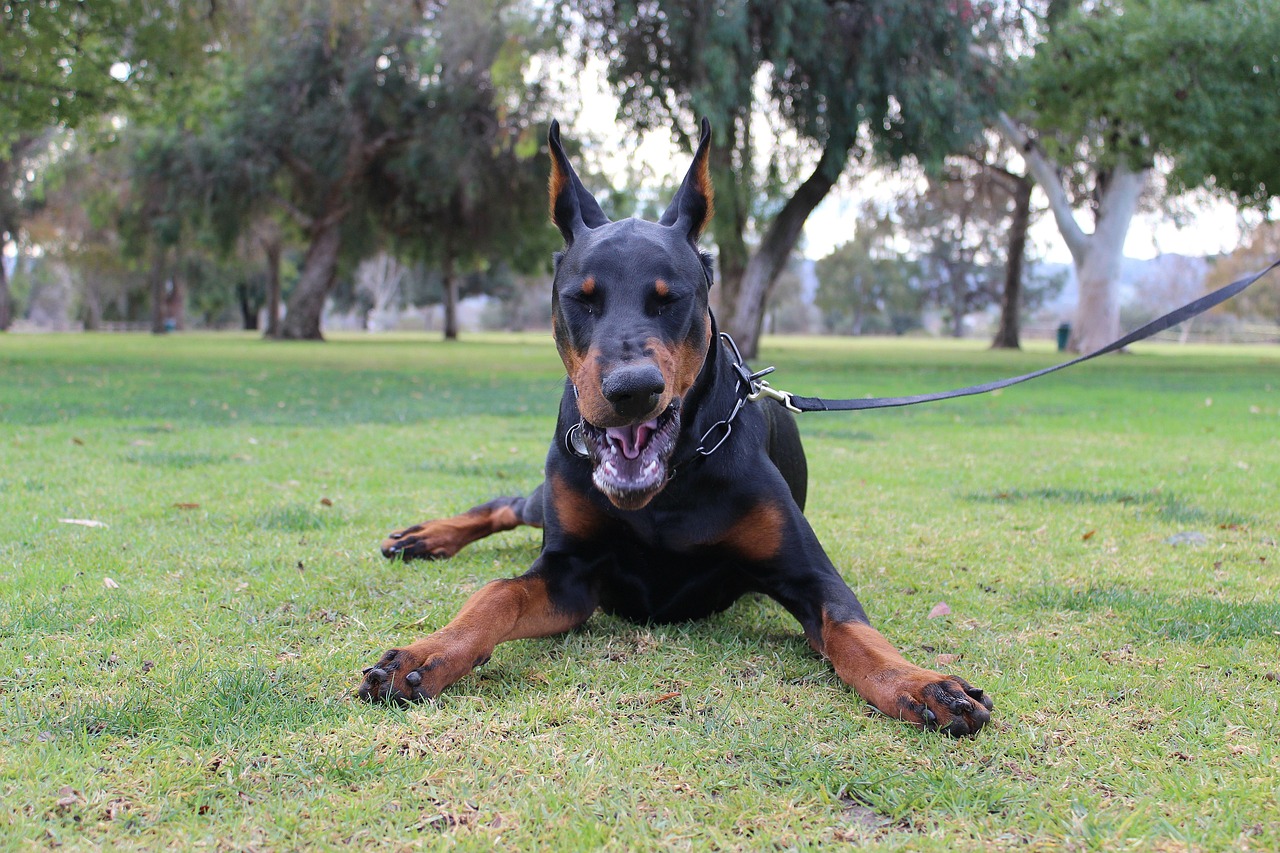
1. What is the best type of food for a Doberman?
The best food for a Doberman is high-quality dog food, specifically formulated for large breeds, rich in proteins and moderate fats. Look for foods with real meat as the primary ingredient, and avoid fillers like corn and wheat. Matching the food to your Doberman’s age, activity level, and specific health needs is essential.
2. How much should I feed my Doberman?
The amount to feed a Doberman varies based on their age, size, and activity level. Generally, adult Dobermans need about 2 to 4 cups of dry food per day, split into two meals. Always follow the feeding guidelines on the food package and adjust as needed based on your dog’s health and activity level.
3. Can Dobermans eat a grain-free diet?
Dobermans can eat a grain-free diet, but it’s unnecessary unless they have specific allergies or sensitivities. Ensure that the grain-free diet is balanced and provides all the essential nutrients. Consult with your vet before making significant changes to your dog’s diet.
4. Are there any foods that are harmful to Dobermans?
Several foods harm Dobermans, including chocolate, grapes, raisins, onions, garlic, and xylitol. Avoiding these foods and being cautious about human foods you share with your pet is essential.
5. How often should I feed my Doberman?
Feeding your Doberman twice a day is generally recommended. This helps to manage hunger, maintain stable energy levels, and help prevent conditions like bloat.
6. Is it okay to give my Doberman human food?
While some human foods are safe for Dobermans in moderation, others can be harmful. Secure options include cooked lean meats, fruit, vegetables, and plain rice. Avoid toxic foods and consult your vet about secure human food options.
7. Should I give my Doberman supplements?
Supplements can benefit Dobermans, especially those with specific health concerns like joint issues or skin allergies. However, they should only be given under a veterinarian’s advice to ensure they are necessary and safe.
8. How can I tell if my Doberman is overweight?
An overweight Doberman may have a less visible waist and rib definition. You should be able to feel their ribs without a thick layer of fat. Consult your vet for a proper evaluation and diet plan if your Doberman is overweight.
9. What is the best way to transition my Doberman to a new food?
Transition your Doberman to new food gradually over 7-10 days. Start by mixing a small amount of the fresh food with their current food, gradually increasing the fresh food and decreasing the old. This helps prevent digestive upset.
10. Can Dobermans be vegetarians?
While dogs can survive on a vegetarian diet, it’s not ideal for Dobermans, as they thrive on a diet that includes high-quality animal proteins. If considering a vegetarian diet for health or ethical reasons, consult a vet to ensure all nutritional needs are met.
11. What are the signs of food allergies in Dobermans?
Signs of food allergies in Dobermans include itching, skin rashes, ear infections, and gastrointestinal problems like diarrhea and vomiting. If you suspect your Doberman has a food allergy, consult a veterinarian for proper diagnosis and management.
12. Is wet or dry food better for Dobermans?
Choosing between wet and dry food depends on your Doberman’s preferences and health needs. Dry food benefits dental health, while wet food can be more palatable and hydrating. Some owners opt for a mix of both to balance benefits.
13. How can I prevent my Doberman from eating too fast?
To prevent your Doberman from eating too fast, consider using a slow feeder bowl, dividing their meals into smaller portions, or feeding them using interactive food puzzles. Eating slowly is vital for digestion and can reduce the risk of bloat.
14. Can I feed my Doberman a raw diet?
Feeding a Doberman a raw diet can be done, but it requires careful planning to ensure it’s balanced and safe. Raw diets have risks like bacterial contamination and nutritional imbalances, so consult a vet before starting a raw diet.
15. How do I know if my Doberman’s diet is nutritionally balanced?
A nutritionally balanced diet for a Doberman should include the right proportions of protein, fat, carbohydrates, vitamins, and minerals. Look for dog foods that meet AAFCO guidelines and consult your veterinarian to ensure the diet meets your dog’s needs.
The post Ideal Diet for Dobermans – The Ultimate Doberman Feeding Guide appeared first on iHeartDogs.com.
via
Whisker Therapy

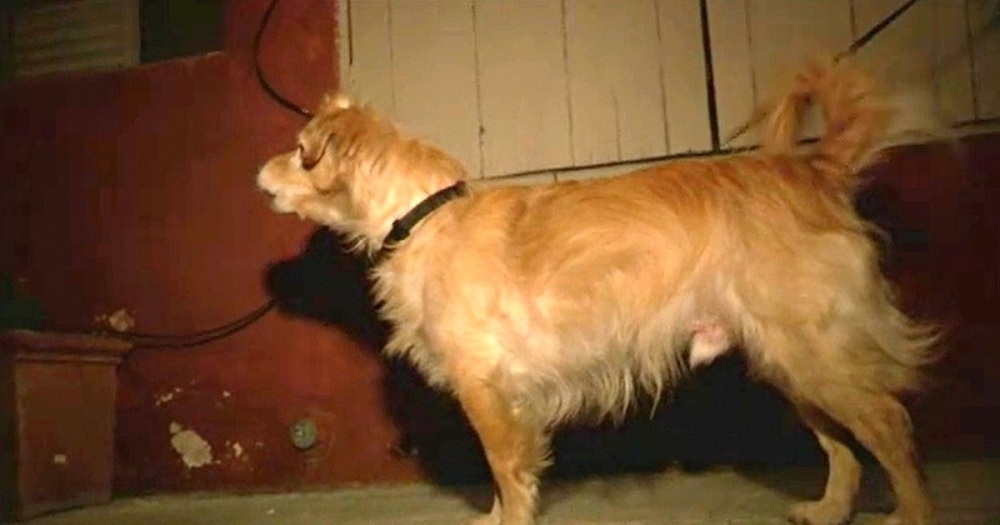 Image/Story Source Credit: ABC 10 News via YouTube Video
Image/Story Source Credit: ABC 10 News via YouTube Video Image/Story Source Credit: ABC 10 News via YouTube Video
Image/Story Source Credit: ABC 10 News via YouTube Video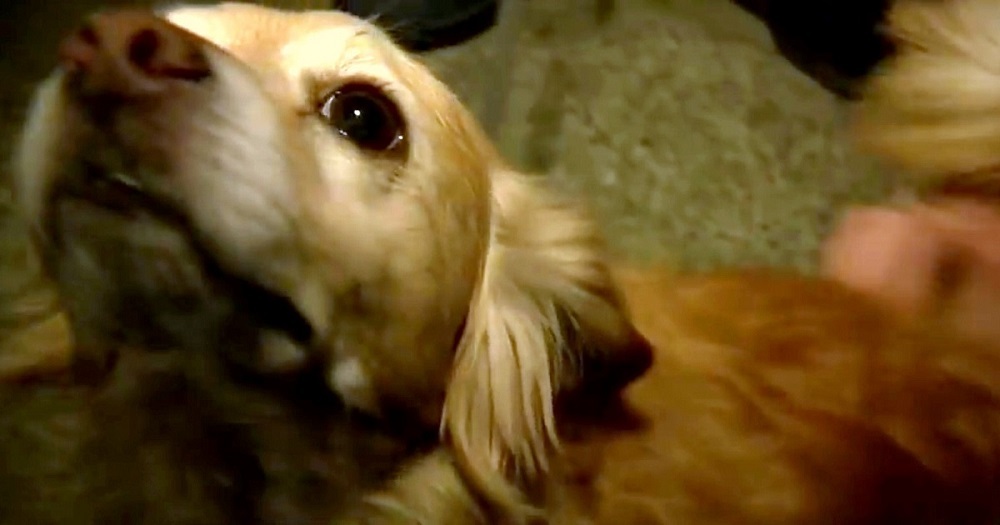 Image/Story Source Credit: ABC 10 News via YouTube Video
Image/Story Source Credit: ABC 10 News via YouTube Video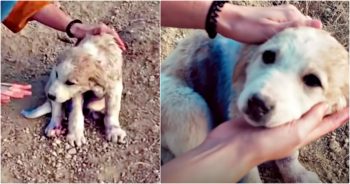
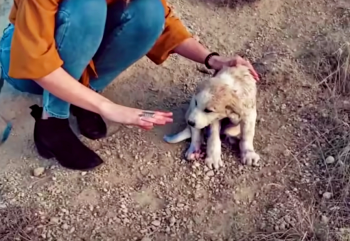




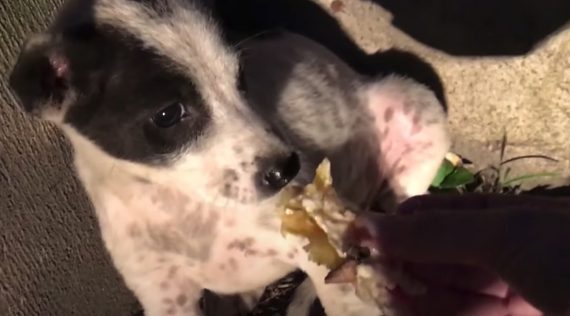
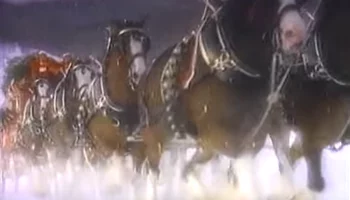
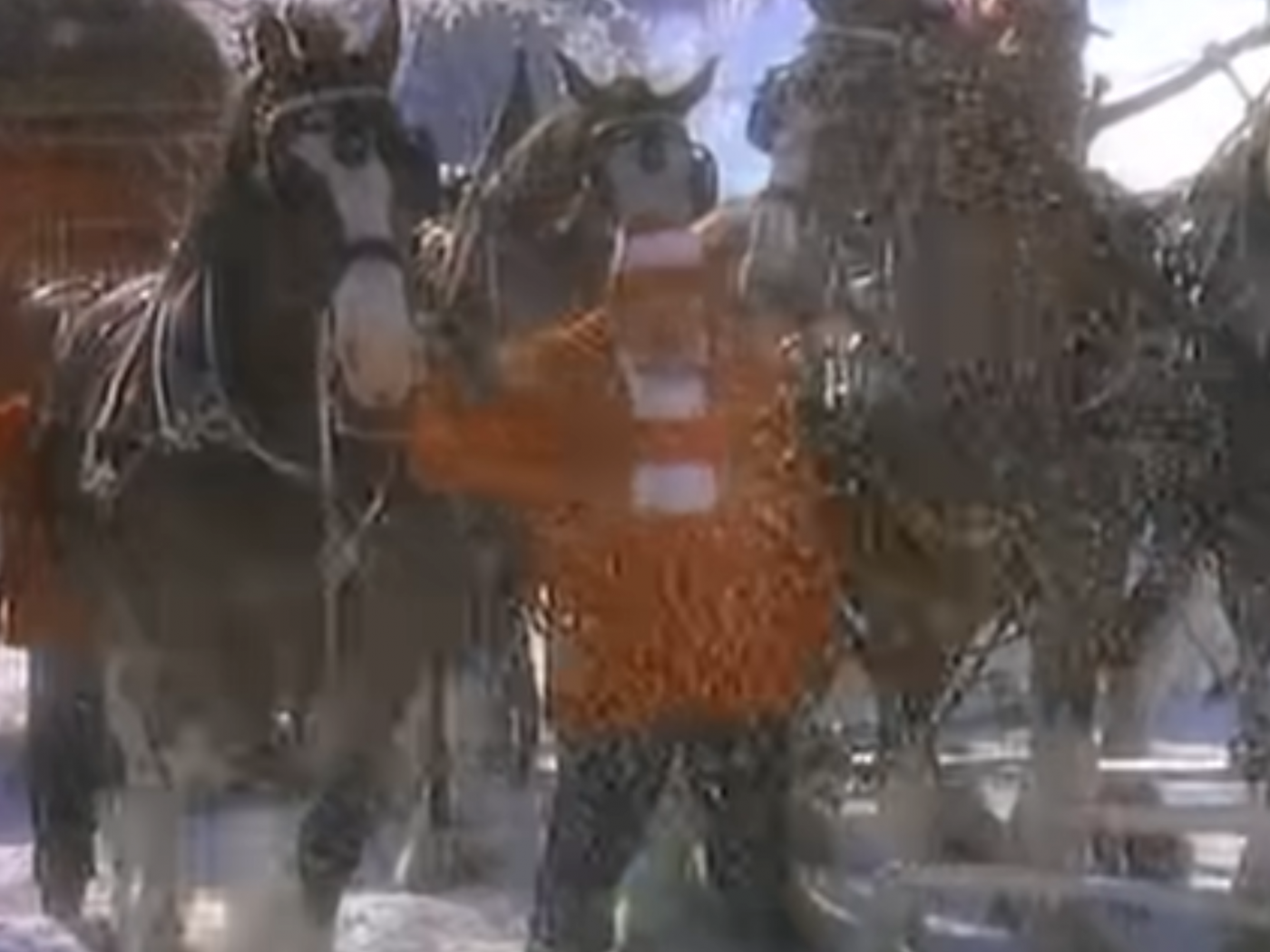
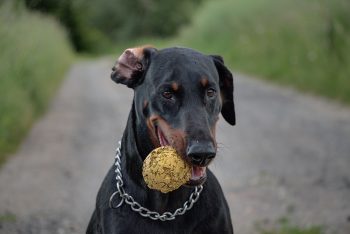


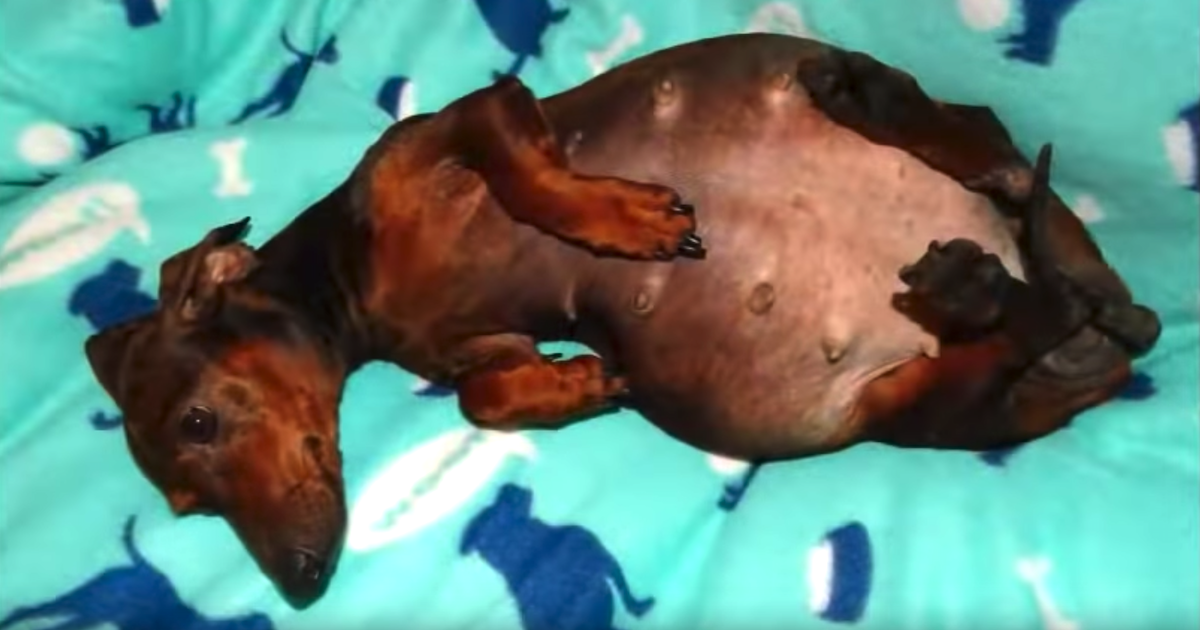

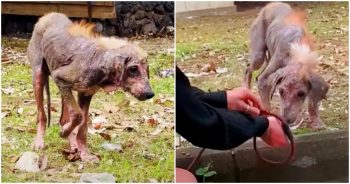
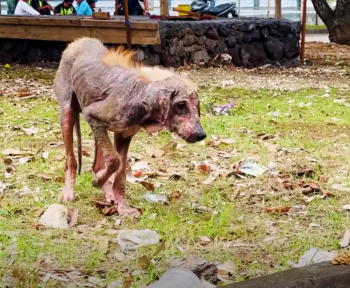


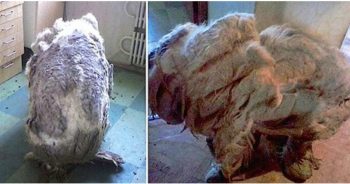
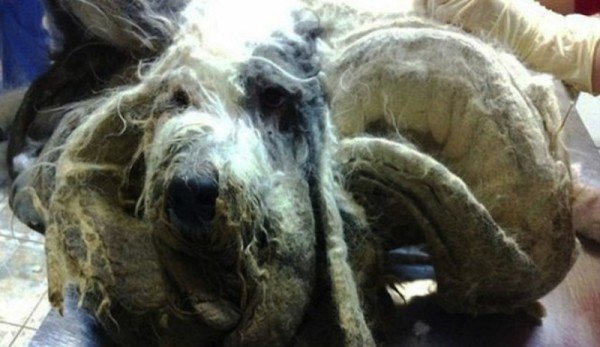 Image/Story Source Credit:
Image/Story Source Credit: 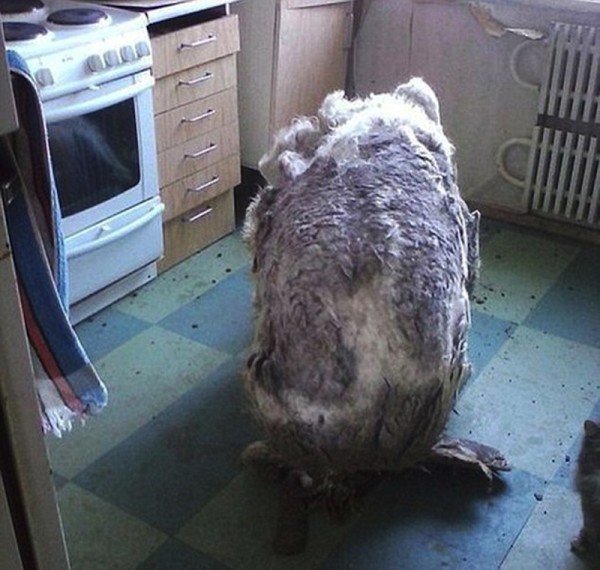 Image/Story Source Credit:
Image/Story Source Credit:  Image/Story Source Credit:
Image/Story Source Credit: 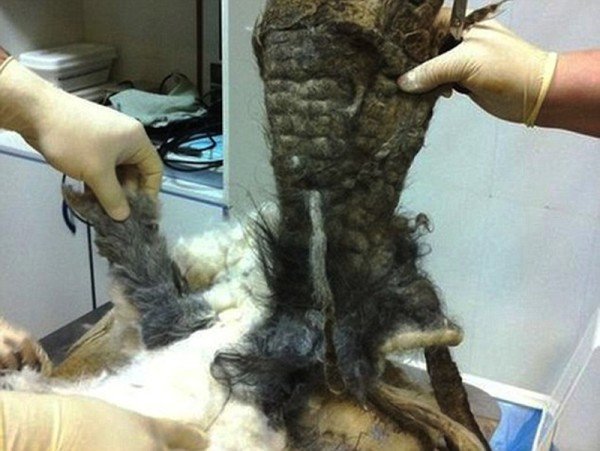 Image/Story Source Credit:
Image/Story Source Credit: 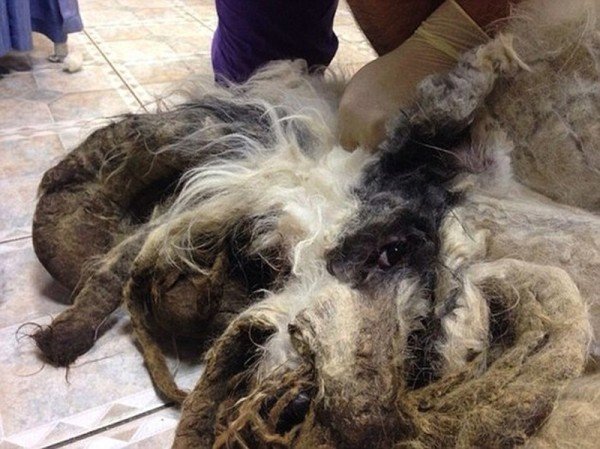 Image/Story Source Credit:
Image/Story Source Credit: 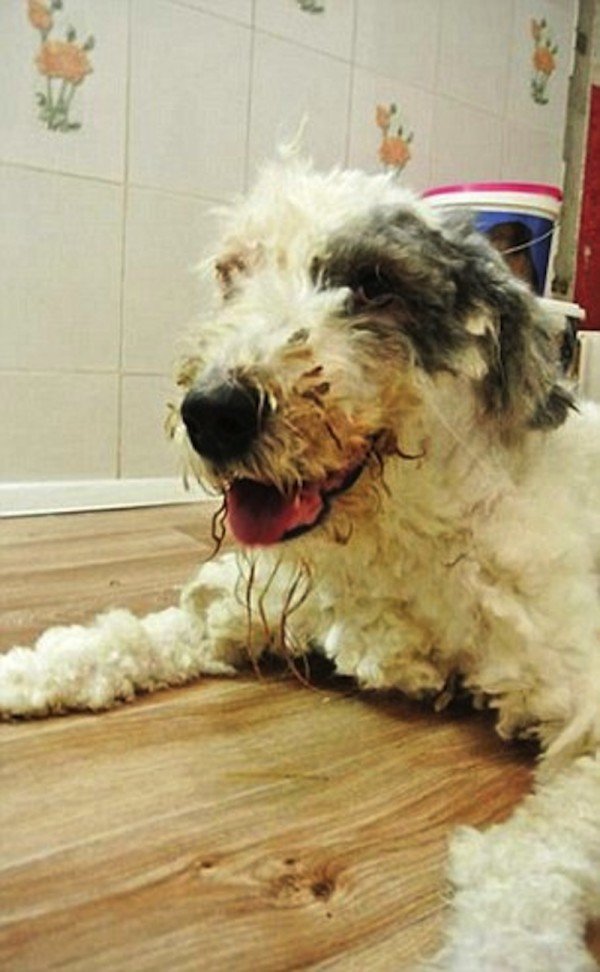 Image/Story Source Credit:
Image/Story Source Credit: 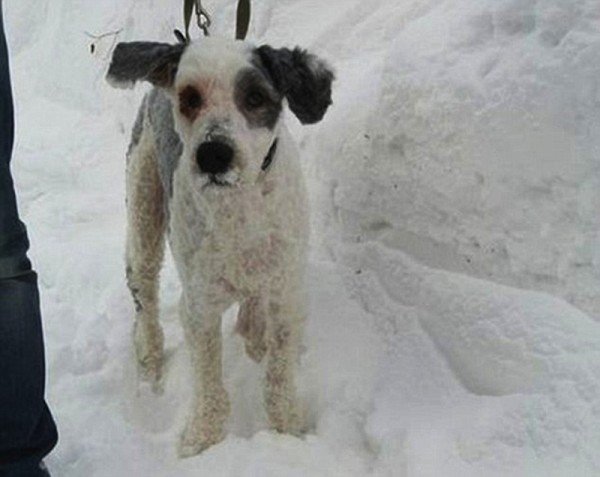 Image/Story Source Credit:
Image/Story Source Credit: 
 Image/Story Source Credit:
Image/Story Source Credit:  Image/Story Source Credit:
Image/Story Source Credit:  Image/Story Source Credit:
Image/Story Source Credit: 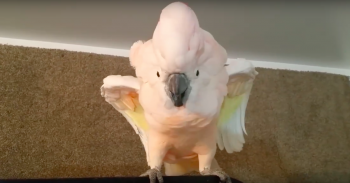
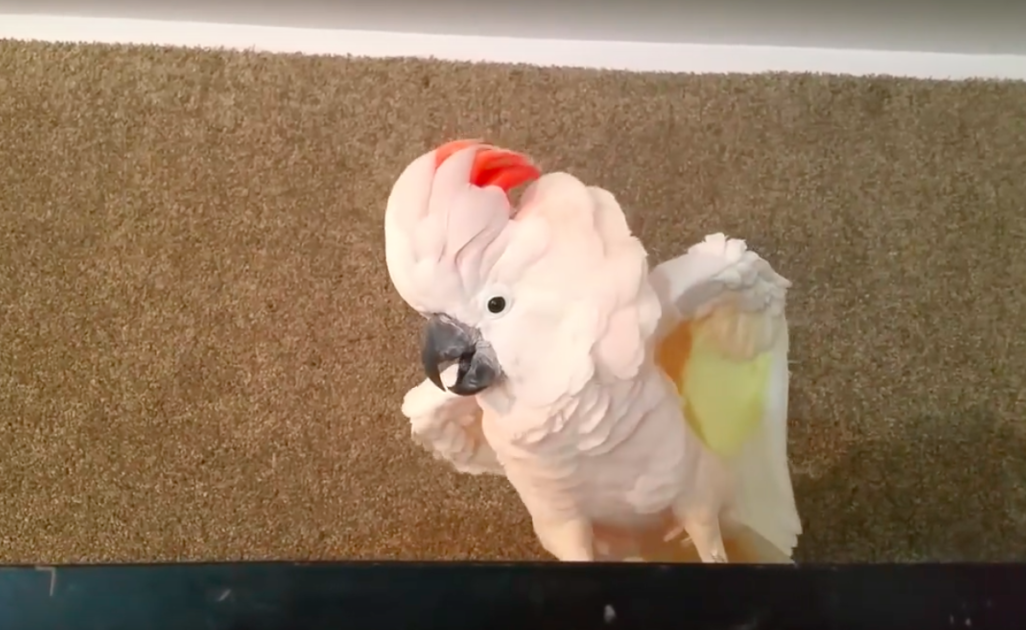 Image/Story Video Source Credit:
Image/Story Video Source Credit: 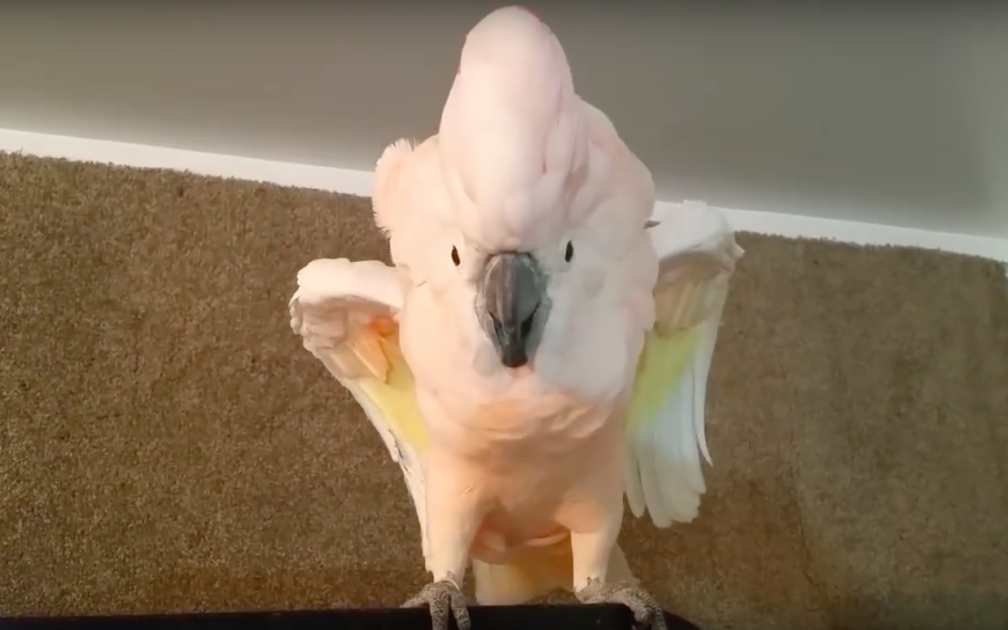 Image/Story Video Source Credit:
Image/Story Video Source Credit: 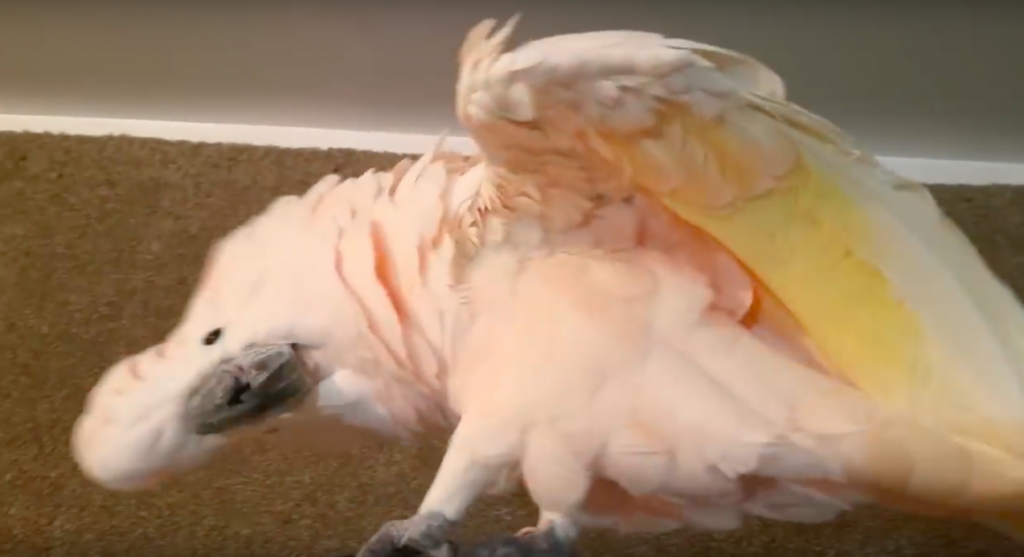 Image/Story Video Source Credit:
Image/Story Video Source Credit: 





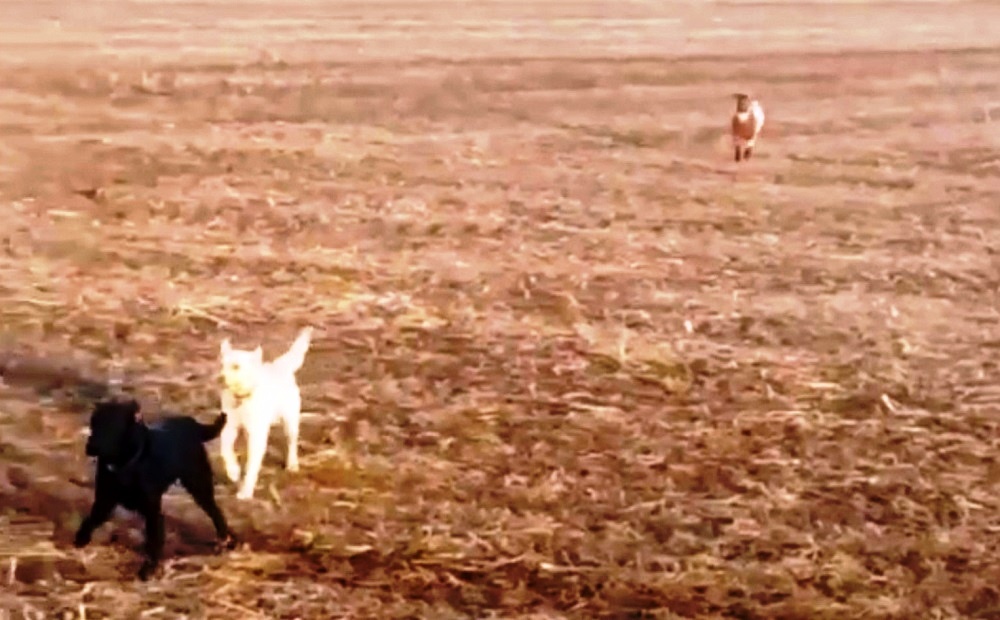 Image (screenshot)/Story Video Source:
Image (screenshot)/Story Video Source:  Image (screenshot)/Story Video Source:
Image (screenshot)/Story Video Source: 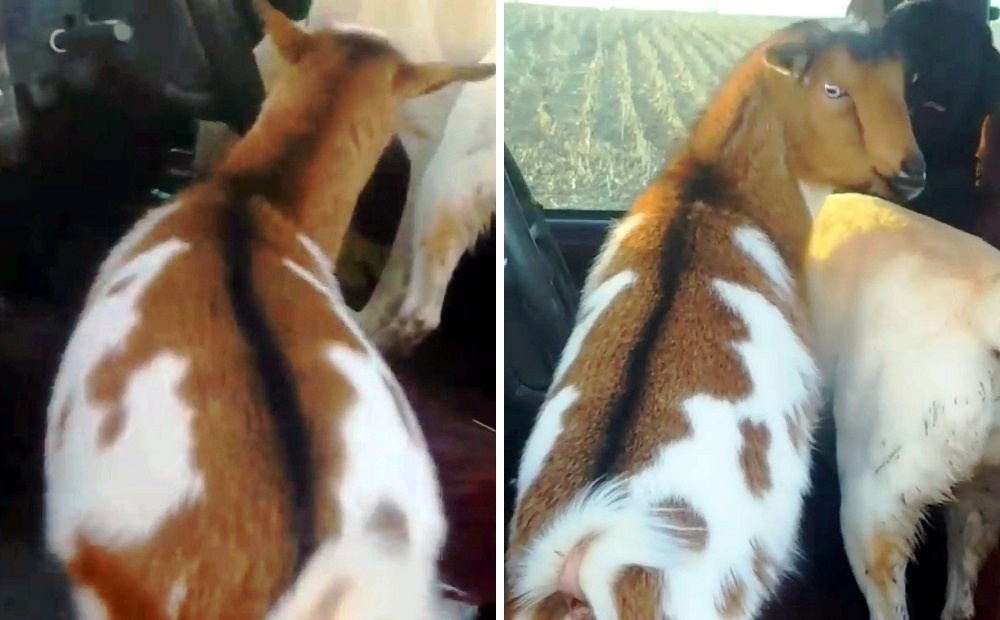 Image (screenshot)/Story Video Source:
Image (screenshot)/Story Video Source: 

